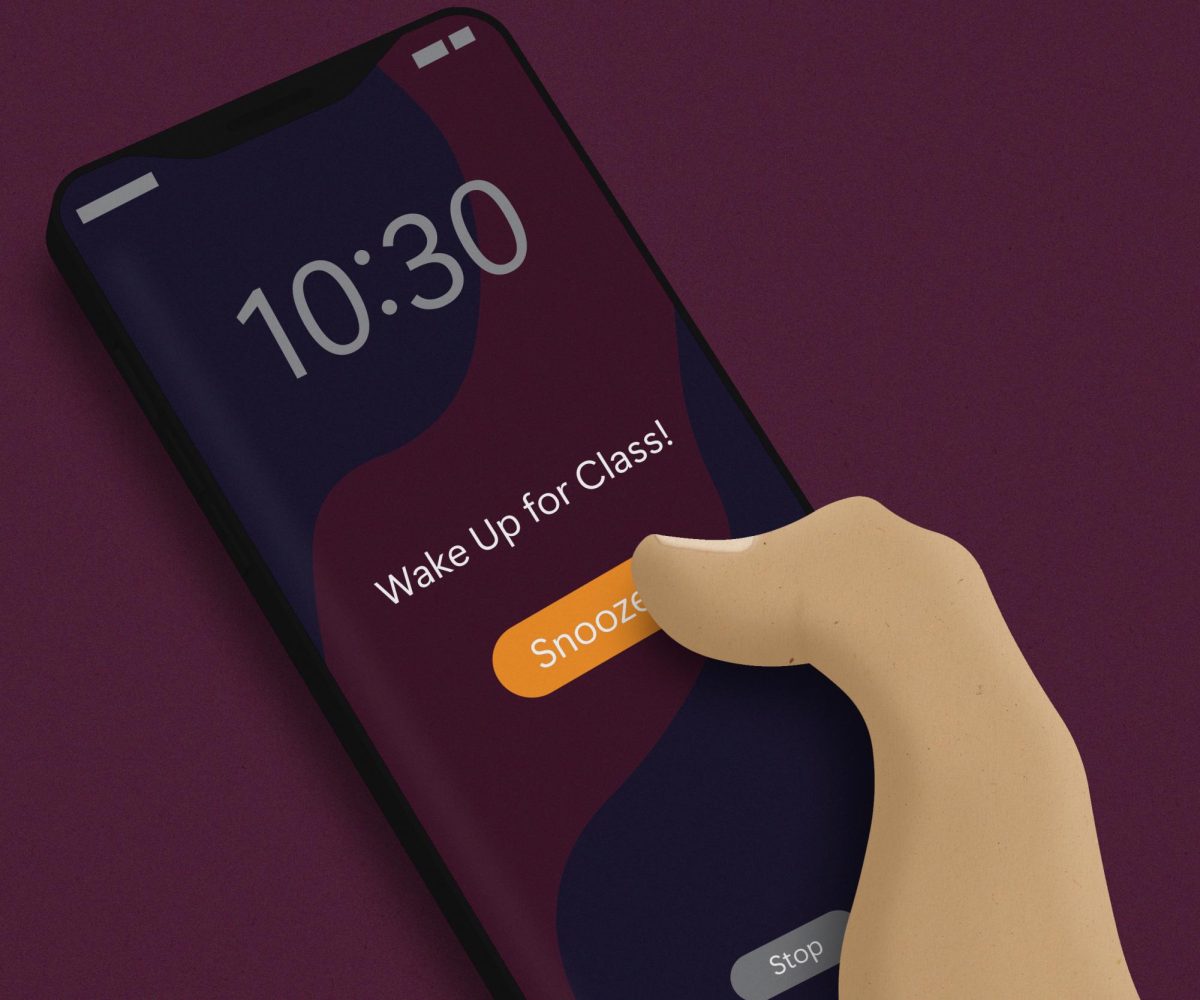Tulane University, by most academic standards, is considered a prestigious university. Although recent arbitrary ranking systems might have dragged our name through the mud, Tulane students gain a degree that holds a good image and excellent reputation. Despite this, it seems some departments have been going through certain rough patches lately. With around 190 years to build academic departments that should match the good reputation of our school, it seems like departments like math or science are at low points in the hallowed history of Tulane University.
Several STEM courses are taught by professors with broken English, and while it is no one’s place to judge them, it does make lectures that are already filled with extremely hard material even harder to understand. Additionally, some teachers overcomplicate the material and go on tangents about content not relevant to the exam. Reviews on the Rate My Professors website reflect this.
It is hard not to notice how well STEM students are doing with these less-than-stellar conditions. Classes I suspect would produce failing grades are filled with students pulling off high A’s on their midterms and finals. On Rate My Professors, those lambasting their professors for improper teaching methods report high grades in their reviews.
This may be due to learning options outside of their classes. Tulane provides many academic resources outside of class that help students accomplish high grades without stepping foot into their class. One extremely helpful resource available for many common STEM courses is Supplemental Instructor sessions. SI sessions are a gift from heaven carried by the academic angels. While gearing up for my first stats midterm, SI sessions felt like the photo of Adam touching God’s finger.
SI sessions are taught by a student who previously took that class. Although at first glance it might seem like a less superior way of being taught, most SIs are much more capable and motivated to teach the class than professors I have encountered.
Professors commonly overcomplicate the course material. My stats professor, for example, likes to derive every equation introduced, even though they provide a formula sheet on the midterm.
I am not going to castigate them for getting excited about what they are teaching. Unfortunately, usually their excitement and passion rarely translate to an effective lecture.
Along with SI sessions, Tulane provides a slew of academic tutoring and resources. In the basement of the Howard-Tilton Memorial Library lies the Academic Learning and Tutoring Center. The ALTC provides extra help taught by the teacher assistants of your respective courses. Students can even schedule free one-on-one tutoring for their classes.
There is an infinite amount of help on the internet. From Khan Academy to YouTube, plenty of self-paced learning modules and videos provide a more customized and varied learning experience than what is learned in the classroom. I’m sure anyone who’s struggled in a STEM course has come across The Organic Chemistry Teacher’s YouTube channel in their last-minute attempts at studying.
With all these resources and more, is it truly imperative for students to actually attend class? No. Students could receive a good education by just attending SI sessions and getting extra help during your TA’s office hours. I find attending classes for some courses actually overcomplicates the material.
If you are just looking at getting a good grade on your exams, going to class is not always necessary, with the academic resources available on this campus. On the other hand, if you enjoy the class, swing by your allotted class time; a lot of these professors are passionate and love to share intricate details of their courses, even if it is not entirely relevant.




